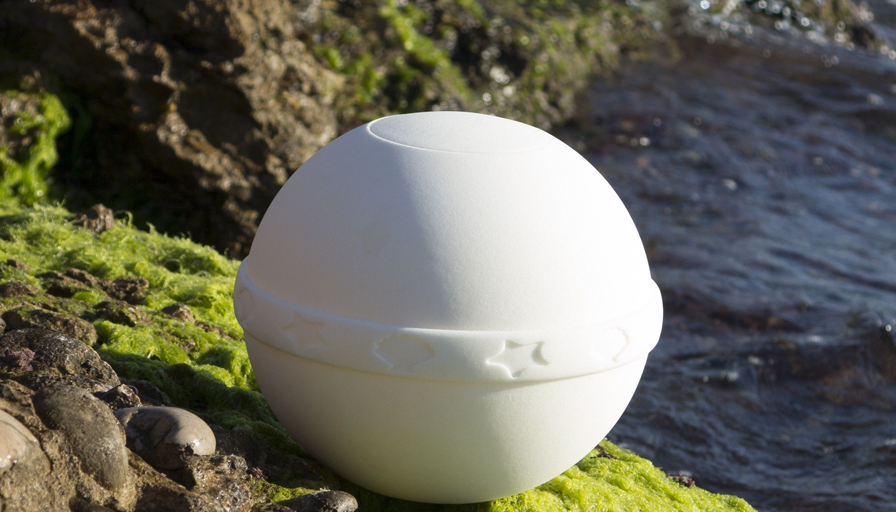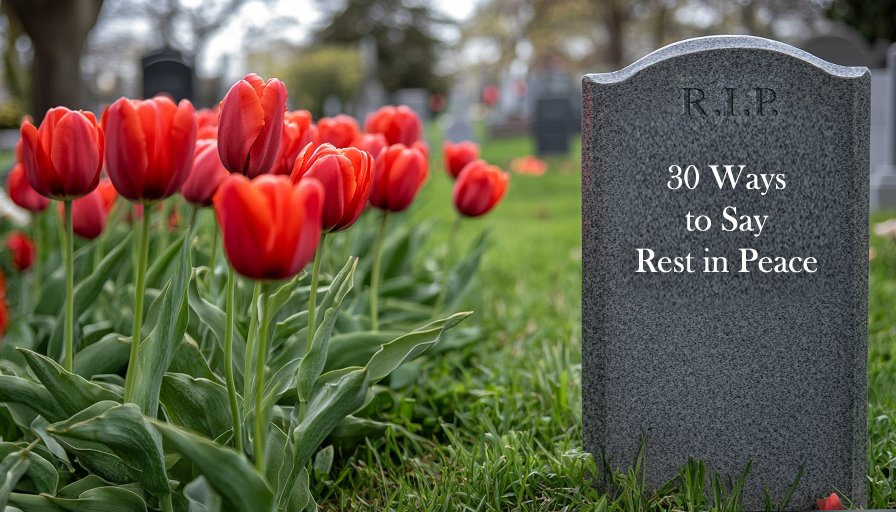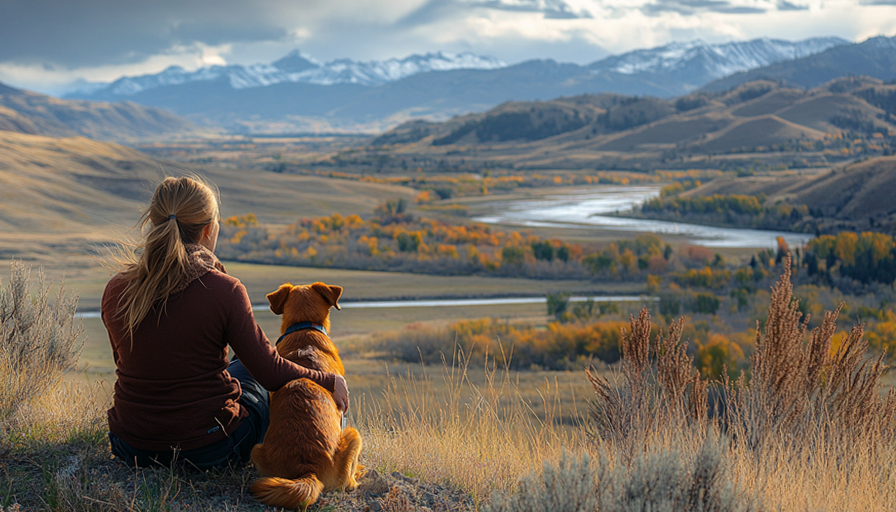Scattering Ashes and The Law
This is very tricky and differs depending on where you read it. So today, we will cover what to do when scattering ashes.
People often want to scatter their loved one’s ashes rather than bury them for many reasons. It’s a way for them to become at one with the world around them and to spread their ashes over a larger area. It also allows family members to take a portion of the ashes and scatter them in different places across the world, rather than keeping them in a single location.
The loved one may have mentioned somewhere in their will where they wanted their ashes to be scattered, and it’s important to research whether this can be done. Are there specific laws or regulations for scattering ashes? The answer is yes—but they vary depending on the country, region, and even the type of land.
Let’s look at this legality. UK law can sometimes be confusing, but we are a lot more laid-back than other countries.
Private Land
Private land is the easiest place to scatter ashes, but you need the landowner's permission.
If it's your garden, scattering them wherever you want to is fine, as you own the land and are free to do as you please. The only thing to think about is that if you sell the property, it won’t be somewhere you can return to.
It's always best to check with the landlord if you live in a rented property. If you can, get written permission, and then you have a copy just in case of any issues.
Public Land
Public spaces are also very popular places to scatter ashes. While there are no specific rules on this, it's not your land, so asking for permission is always important.
Parks and gardens are very popular places. The council will likely own them, so the best thing to do is give them a call. They can advise you on where the best part of the park is to scatter them. They may have a dedicated area (not publicly known) where they prefer people to do this, away from where most people go.
Beaches are another popular choice. Again, research, find out who is in charge of the beach, and speak to them just to get permission. There are a few options at the beach, as well. The most popular choice is to throw ashes into the air and let the air carry them away. Beaches are usually windy places, so if this is your choice, we recommend doing it early in the morning when there are not many people about it and staying away from where people are walking. The other option is to place them where the tide comes in. That way, the ashes will be slowly washed out to sea.
Woodlands are another popular choice, so the remains can be at one with nature. The Woodland Trust manages many woodlands in the UK. We looked at their website, and while they are happy for you to scatter ashes on their land, they ask that you contact them first. This way, they can help tell you where the best spot is that won’t affect the wildlife.
A quote from their website:
“Ashes can change the soil chemistry and damage its fragile balance, which is why we respectfully ask that ashes not be scattered in ancient woodland or near ancient trees, which are particularly sensitive and already under threat. We do have many lovely woodland sites which are not ancient and, therefore less sensitive, and we are happy for ashes to be scattered carefully in these.
Please contact us before you do, and let us help you find the right woodland for you.”
Bodies Of Water
Water is a popular location for scattering ashes. This is for many reasons, but the main one is that it is seen as a return to nature and the life cycle. Water can also have a calming effect for some, which can help with the grieving process.
There are no set laws regarding scattering ashes in water, but some guidelines must be followed for best practices and environmental issues.
Lakes and Rivers
The Environment Agency allows you to do this, but states that it should not be done within 1 km of drinking sources and should avoid marinas or parts used by fishermen. If the body of water is not on public land, then you must get permission from the landowner.
The Sea
You can legally scatter the ashes at sea without getting permission from anyone. The advice we would give anyone would be to scatter them away from places where there are lots of people, such as at the end of a pier. Or if a pier is a place you want to do it, arrange to do it early in the morning. If you put the ashes inside a biodegradable urn at sea, use it. Scattering the ashes into the sea can bring people comfort, as there's never one specific location where the ashes will be. Therefore, visiting any sea can help bring comfort.
Do Not Scatter From Bridges
Our research found that scattering the ashes from a bridge, especially where boats go under, is highly frowned upon. This is for health and safety; the ashes will likely blow off far away. It isn’t against the law, but it is just something to think about.
Religious Sites
Scattering ashes at a cemetery or crematorium are popular choices, especially for religious people.
Scatter Ashes In The Cemetary or Churchyard
It's perfectly legal to do this. You just need to get permission from whoever owns it, as they may have a dedicated place for people to do this. It's the same with a crematorium. Many will have several different meadows or areas, such as a woodland, within the crematorium where you can scatter the remains. You may have to pay a fee to do this, but it's all perfectly legal.
Some Other Considerations
Ashes are heavy, likely weighing about 6lb (2.72 kg). This is something to consider, especially if you are carrying the ashes over a long distance or taking them up a mountain.
Final Thoughts
Overall, the UK is flexible regarding the law and scattering ashes. They ask you to use common sense and stay away from busy areas, drinking water and, most importantly, ask permission.
If you have any questions regarding any of the above, feel free to reach out and get in touch with us.

















